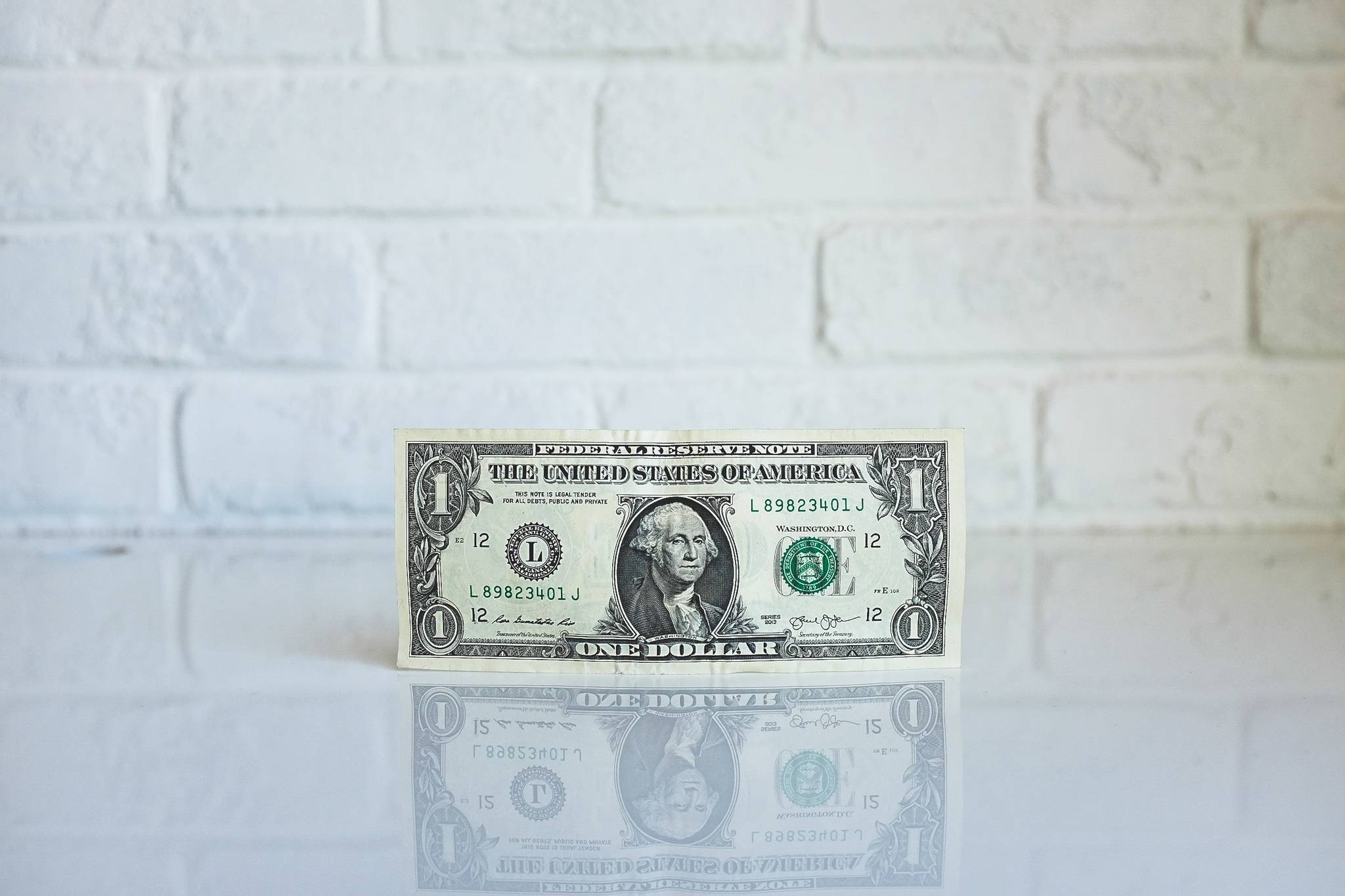By Rick Steiner
The first step in recovering from any addiction is to tell the truth — admit the addiction, admit its consequences. This is something we still seem unwilling to do with our addiction to oil, particularly here in Alaska.
The Trump administration’s rush to drill for oil in the Arctic National Wildlife Refuge is the desperation of a junkie looking for one more fix. The lease sale this week attracted a total of $14 million in bids on only 11 of the 22 tracts offered, mostly from the State of Alaska itself. The sale was an embarrassing bust, a spectacular humiliation for the state of Alaska and the Trump administration.
For decades, oil advocates have desperately wanted to drill for oil on the Arctic Refuge coastal plain, hoping there may be billions of barrels there. But the Refuge is also one of the most sublime Arctic wilderness areas on Earth, home to thousands of caribou, polar bears, grizzly bears, muskox, and birds, and an important subsistence area for Alaska Native peoples. Most Americans feel that oil beneath the Arctic Refuge coastal plain should stay right where it is — in the ground. Many banks agree, and will no longer finance Arctic oil projects.
[Banners protest oil lease sale]
Against overwhelming nationwide opposition, Alaska’s oil-friendly congressional delegation inserted the Arctic Refuge drilling provision into the 2017 tax act, ludicrously asserting that revenues from the lease sales would help offset the huge tax cuts in the bill. They won’t come close. And as president-elect Biden has promised to permanently protect the Arctic Refuge from drilling, the Trump administration rushed to hold the Refuge oil lease sale just two weeks before leaving office.
Worried that no major oil companies would bid, the State of Alaska bid on 11 Refuge tracts itself, although under federal law it is almost certainly an ineligible bidder. Except for two small independent bids, the state was the only bidder. The Department of Interior’s Inspector General is already investigating the propriety of the state’s bids, and will likely judge them ineligible.
This is all a spectacular humiliation for oil advocates who long wanted this sale. Alaska’s continuing resistance to embracing an oil-free future is a bit like the last Japanese soldier refusing to surrender until almost 30 years after the end of WWII. The age of oil is winding down, but many in Alaska can’t seem to admit this new reality.
So far, the world has pumped and burned over one trillion barrels of oil, and there may be another trillion barrels of recoverable “conventional” oil left, with several trillion barrels in unconventional reserves such as tar sands and oil shale.
But science is clear that if we want a livable future, we have to leave most of this oil buried right where it is. The global climate cannot handle this much additional carbon. Regardless, the carbon-pushers see billions of dollars just waiting to be pocketed, and are anxious to get to it. As with any addiction, when the easy stuff is gone and supplies tighten, addicts become desperate and willing to take more risk to secure the next fix, such as drilling in the Arctic and deep ocean basin. With the Trump administration’s Arctic Refuge lease sale this week, the tyranny of oil had its last gasp.
It’s long past time that we kicked the oil habit, with aggressive regulation, smart subsidies, and full costing of carbon. When we account for and collect these real costs through carbon taxes, sustainable energy alternatives become competitive and we will make more rational choices.
We can’t afford to drill for oil in one of our last great Arctic wilderness areas. And now with a Democratic Congress and White House, we can and must permanently protect this area from drilling, and urgently move toward a clean energy future. President Biden and Congress must now use every tool within their authority to rescind Trump’s Arctic Refuge lease sale, and permanently protect these precious areas once and for all.
Sooner or later, we will get to the far side of our troubled oil addiction. The sooner we get there, the better chance we have at a livable future.
Then, like most recovering addicts, we’ll wonder why we didn’t get clean sooner.
Rick Steiner is a conservation biologist in Anchorage, former professor with the University of Alaska, and author of “Oasis Earth: Planet in Peril,” available on Amazon or as a free e-book at: https://www.oasis-earth.com/oasis-earth-planet-in-peril. He has hiked across the Arctic Refuge from Arctic Village to Barter Island.

